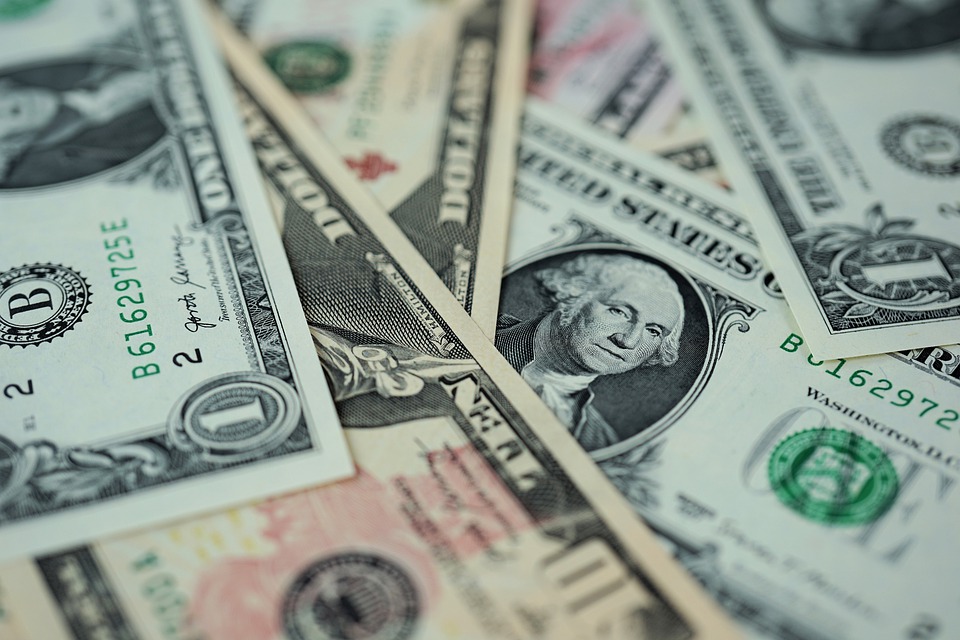
26 May I’m separated. He took our money to pay his credit card. What now?
Photo: pixabay.comQ. My husband and I are separated. He just took money from our emergency fund to pay off a credit card that’s in his name only. Can he do that? I thought we would have to split our accounts but he would keep his debt and I would keep mine.
— Concerned
A. The key to your situation is equitable distribution.
But first, you should meet with a divorce attorney who can review the specifics of your situation and advise how you can best protect yourself.
If you’re planning to divorce, the first step is to file a complaint for divorce, said Kenneth White, a certified matrimonial attorney with Shane and White in Edison.
He said until a complaint is filed, you are not only married to your spouse, but under the law you continue to be considered a “couple” just as any other married person would be.
The fact that you “separated” will not necessarily be of any significance, White said.
“Generally, all assets as well as all liabilities accumulated during your marriage are subject to equitable distribution,” he said. “The time period of `during your marriage’ starts from the date of your marriage until the date a complaint for divorce is filed.”
Absent certain immune assets such as a non-commingled inheritance or gift from a third party, it will not matter whether the asset or liability was amassed in your name or the individual name of your husband, he said. Generally, it will all be “our” assets as well as “our” liabilities.
“While New Jersey is an equitable distribution state and therefore the law does not require that all marital assets and liabilities are to be equally distributed, in practice, absent unique circumstances, nearly all marital assets and liabilities will be equally distributed between both parties,” he said.
So while both your husband and yourself would most likely be entitled to receive 50% of the money in the emergency fund, the two of you would just as likely be equally responsible to satisfy the credit card debt in your husband’s name in the event it was amassed during the marriage, White said. Therefore, your husband most likely did not do anything wrong and you were not otherwise harmed, he said.
“To be clear, there are exceptions that would justify a court holding one party independently responsible for certain debt, even if amassed during the marriage,” he said. “Accordingly, it is important that you meet with an experienced divorce attorney who can review with you all the unique specific details of your personal situation.”
Email your questions to Ask@NJMoneyHelp.com.
This story was originally published on May 26, 2022.
NJMoneyHelp.com presents certain general financial planning principles and advice, but should never be viewed as a substitute for obtaining advice from a personal professional advisor who understands your unique individual circumstances.

